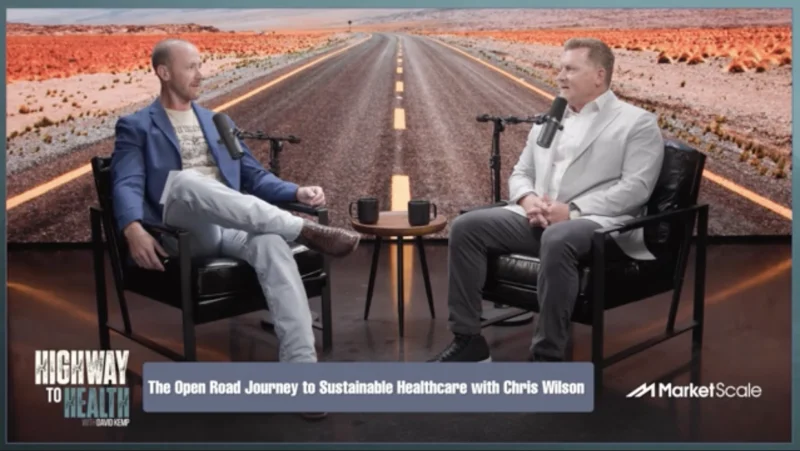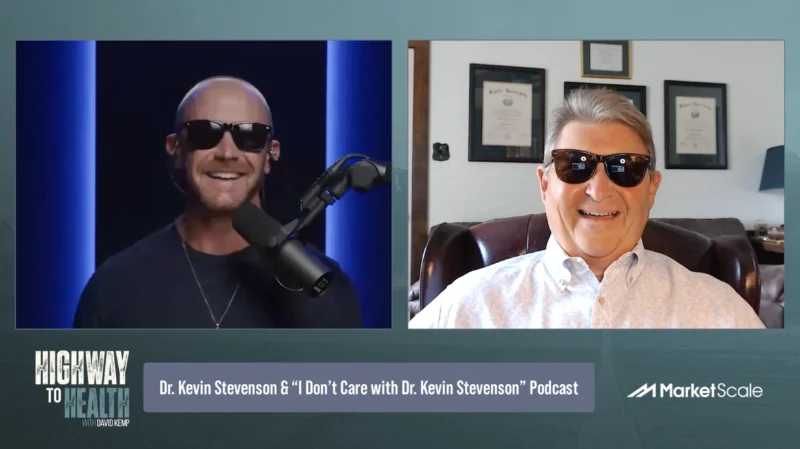Navigating Clinician Burnout and Nursing Shortages with Dr. Megan Carter
Clinician burnout and nursing shortages have reached critical levels, threatening the stability of healthcare systems nationwide. With projections indicating that Texas will be second in the nation for registered nurse (RN) shortages by 2030, the pressure on healthcare providers is intensifying. According to the National Council of State Boards of Nursing, around 100,000 registered nurses left their positions during the COVID-19 pandemic, primarily due to overwhelming stress and burnout. Additionally, over 610,000 nurses are expected to leave the profession by 2027. How can healthcare systems respond to this looming crisis?
The key question on everyone’s mind: What can be done to retain clinicians, reduce burnout, and ensure future healthcare resilience?
In this episode of Highway to Health, host David Kemp sits down with Dr. Megan Carter, President and Founder of MC Health Care Consulting, to explore practical solutions to the nursing shortage crisis. They dive into the root causes of burnout, discuss innovative approaches like the Sacred Vocation Program, and highlight the need for systemic change at the executive level.
Key discussion points:
– Burnout and moral injury: Dr. Carter emphasizes the emotional toll on clinicians and the need to shift away from a culture of martyrdom in healthcare.
– Technology in healthcare: While automation is often seen as a solution, Dr. Carter explains how rushed implementation can worsen clinician fatigue without proper change management.
– Legislative solutions: The role of government in addressing healthcare worker safety, education, and faculty pay is critical to fixing the long-term issues in the healthcare system.
Dr. Megan Carter, DNP, RN, NEA-BC, is a healthcare operations expert and the founder of MC Health Care Consulting. With extensive executive leadership experience, she developed the Clinician Refocus Framework, which improves clinician efficiency and retention. Dr. Carter is also a recognized speaker and advocate for reducing burnout and driving innovation in healthcare, holding accolades such as being an AONL Nurse Executive Fellow in 2024.
Article written by MarketScale.




